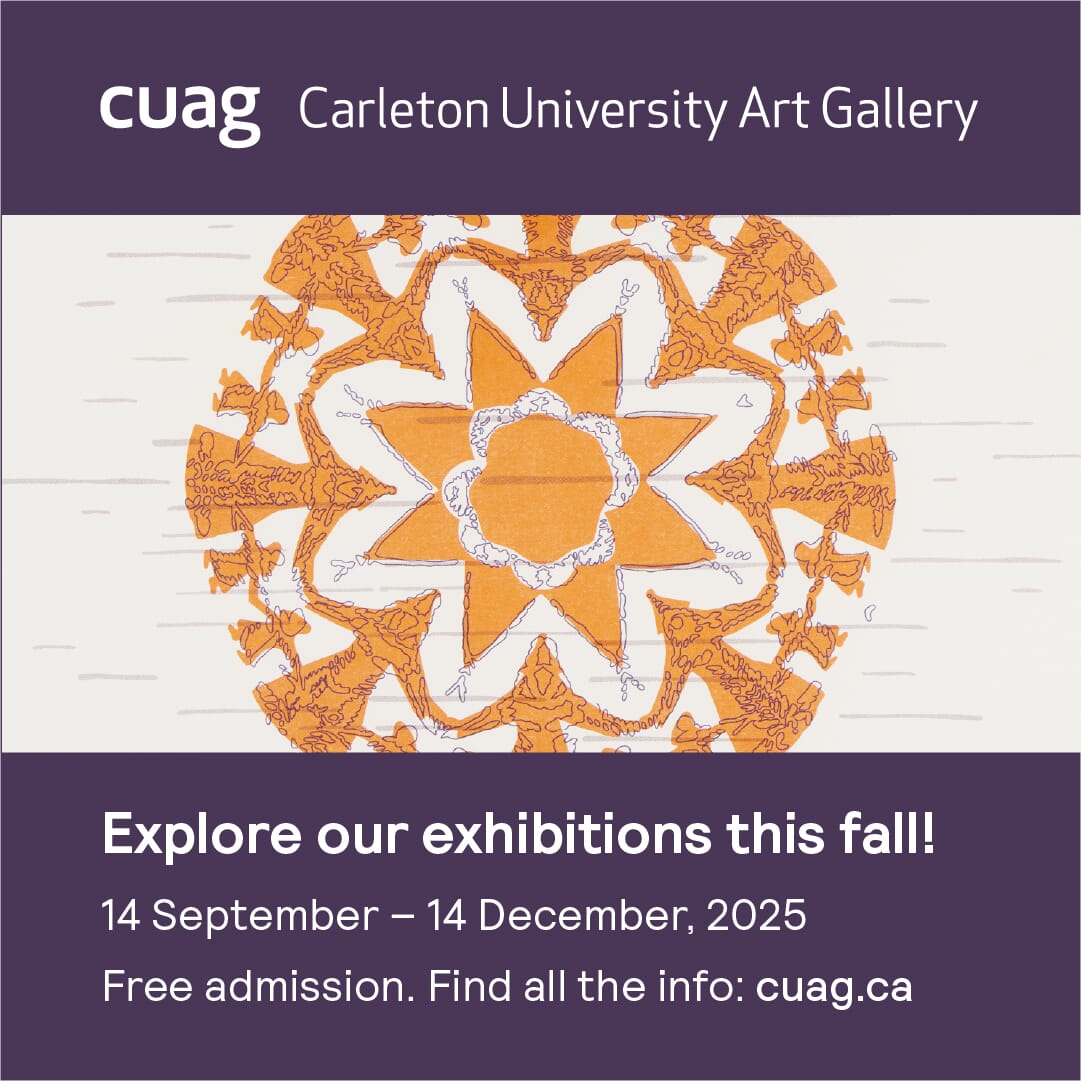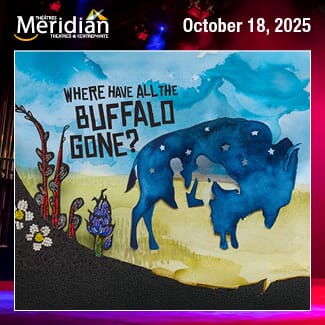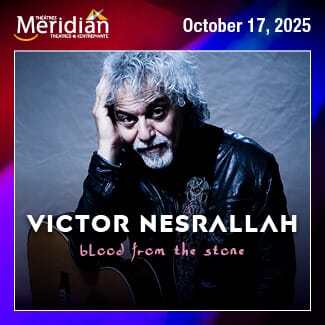By Alessandro Marcon
A couple of nights ago, I was rollin’ down on Bank, jammin’ B.Blade, thinkin’ on Siggy Freud. Laid back, though pensive I was, with my mind on my Muslims and my Muslims on my mind.
Not two days previous, with hand extended in fistbump position, I had found myself in the midst of cultural clash. “Teacher, I can’t do that” my student told me. “Sure you can,” I responded, while swiveling and fistbumping the chipper Korea woman on my right. “No teacher, I really can’t. I can’t touch you.” My clenched fist still hung in the air, a pathetic look on my face. “In this class, the only man I can only touch is my brother.” Oh yeah, you idiot, she’s a Muslim. How could I have not known? Many times I just don’t think about these things. People have called me tolerant, open and accepting. I call it being trapped in the enigmatic ocean of my own mind.
Today, conversation drifted to the topic of the Quran. One of my students listens to an audio-recording of it every morning on the bus ride to the school. The aforementioned student reads it every night. Another student is eager and willing to get me an English copy. At break, one of the Korean students asked another woman about the hijab she was wearing. She cordially answered; they both smiled.
Islam, I pondered.
Around 6:45, while the sun burnt orange, I arrived at the Mayfair and locked my bike outside. Irshad Manji was going to be there to discuss, among many things, her newest book Allah, Liberty and Love with the CBC´s Lucy van Oldenbarneveld. I grabbed a massive bag of popcorn, moved past four or five police officers and settled into my seat. I had Muslims on my mind, Islam on my brain. After being introduced as a “reconciler between faith and freedom”, as a woman who “takes no prisoners” despite having received numerous death threats, (hence the cops), Manji bounced down the aisle and emphatically took the stage. One thing was for certain: the irrefragable neurons started buzzing.
Manji is a fiercely intelligent, determined and passionate woman, a Muslim with deep faith in her religion but who also feels it is not only your right, but your obligation to speak up, challenge and confront controversial, partisan topics. With her first book, The Trouble with Islam later changed to The Trouble with Islam Today she did just that. While Manji still stands by the central ideas and premise of the book published in 2004 she does admit that it came from a more reactionary perspective fueled by anger. Challenged by a “16 year old Canadian with Pakistani parents” to place the Islamic religion in a positive light, Manji wrote her book Allah, Liberty and Love which she is now promoting on her tour.
Her message is essentially one of self-reform. “Muslims are the problem with Islam,” she says. While one might interpret this statement to be an attack on extremist Muslims, which it certainly in part is, moderate Muslims, according to Manji are also part of the problem. By failing to offer up competitive, re-interpretations of the Quran and defensively residing in the realm of what should, in their minds, be seen as a peaceful religion, Manji argues the Moderates act as though their humanity is threatened, without taking the next step of helping to shape the light in which Islam can potentially be cast. According to her, Moderates, in their passivity are denying how extremists are interpreting the ideas of the Quran. It ultimately becomes an issue of power, politics, identity and emotions.
“Organized religion is nothing if not politics” Manji states. “We as humans are political.”
With Islam playing the role of a large public tool, it becomes a very important issue as to who’s working the controls, who’s behind the wheel, and for what purpose they are situated thus. For someone like Manji, who believes that peace is possible, and that “Allah is merciful and compassionate” this questioning, or battle for control of the tool, is essential. It’s a task, which Manji states, is extremely complicated.
The issues are shrouded in deep currents of both tribal and identity politics, feelings of both shame and fear. She talks of how challenging your sense of identity, the very notions of who you are and how you fit in your community, can make people very defensive.
She uses the example of the Asqa Parvez in Toronto to show how deeply rooted the Muslim community is in the custom of upholding honour. Rebelling, in both the context of the young woman Asqa as well as her family´s refusal to accept, tolerant or negotiate her rebellion under the critical eye of community, becomes an act cutting into the deepest and most emotive areas of our beings. Manji mentions Bobby Kennedy, who while urging white students to rise up against Apartheid in 1966, reflected that there is no backlash worse that than which comes from your own. Manji continues to mention a conversation she’d had in Cairo with a Muslim protestor who had been throwing her body into the peril of protests day after day and yet was ultimately much more afraid of talking to her parents about her new found love with a Jewish man. Deep currents indeed.
There are solutions however, paddles, if you will, to navigate those trecherous waters, and for Manji, it all begins with “a willingness to engage ideas without denying humanity.” Society, according to her, needs to break down dogma, not only inside of one’s respective societal group but in the global community as a whole. It is here that she talks of a need for pluralism.
The ideas of pluralism states that while people, contentedly and peacefully co-exist they also act as critical, ethical beings who ask and answer difficult questions concerning what is and what is not acceptable in society. The key to pluralism is that one has to be willing to change their mind if a better argument is put forth. Judgments are therefore provisional, flexible and fleeting; they have the potential to change. There is no monopoly on truth. Manji states it is imperative for one to embrace the notion of pluralism in the global society as “decisions have to be made and actions have to be taken” which will cut across numerous societal groups and their respective disparate beliefs.
She’s not alone in these thoughts. Similar notions spread through cultural theory such as the ideas expressed by Kwame Anthony Appiah which he coins, Cosmopolitanism. Regardless of the term, the key component of both ideologies lies in the act of boldly questioning the very beliefs which one might wish to leave in the cupboard of the untouchable. Both touch on the need for people to work on reaching ethical decisions despite cultural differences. In this act, everyone in society needs to be involved. The “other” needs to be engaged.
Questions need to be asked about the hijab, about the segregation of mosques, about the bombing of the East by the west, about whether democracy truly exists. People need to ask these questions and they also need to be willing to try and answer. “Respect”, Manji states, “has become like euphemism for don’t challenge me.” She believes, contrastingly, that by asking and engaging, one is actually honoring the “other”, the unknown.
“Don’t treat Muslims like children.¨Manji states. Muslims, she believes, like all people, need to be forced into defending their ideals.”
As the discussion continues, you can tell she’s read some Derrida, with all the flipping of the hierarchical, phallocentric power structures. A current student of cultural theory would and should be happy to see some of these ideas being put into practical use. Change might be slow, but by listening to Manji, you feel that with courage, hard work and persistence, differences can be made.
Manji talks of the numerous women that have told her they are going to change the way they raise their children. Via her website, her first book was translated into Arabic and has been downloaded more than 2 million times. While no simple panacea is to be found, the gradual shift, the swaying and rocking towards a more compassionate, more ethical world just might be possible.
I do get a sense however, that in all of her lauding of the wonderful North American democracy she would do better to at least acknowledge some of the power structures which allow her thought and her liberty to exist. On what basis has Canada and America created their liberty? Do we define our sense of freedom and democracy only with the sense of privilege and self-righteousness that is in fact based on our conception of their lack of freedom and democracy?
Throughout the evening there had been some relatively tense moments between Interviewer and Interviewee, both considering themselves provocateurs. Laughter often filled out the conversation, but there was a combative energy in the air. Manji’s jabs flew with an ostentatious and slightly pedantic might, which more than often overwhelmed the, at times, obtuse and petulant questioning of van Oldenbarneveld. With gloves on heading to the ring, I’d take 100 pounds of Manji over van Oldenbarneveld any day of the week. The questioner would probably agree. “It would be hard to win an argument with you” she had stated.
Despite any slightly awkward moments, the questioning period was brutally honest and at times very emotional. Near the end, Manji reflected on her physical and emotional battles that had taken place throughout years of standing up, speaking out and confronting values. She spoke directly to her former partner in the audience and brought us all a little closer to what it means to be a human truly, nobly and honorably fighting for a cause in which one so deeply believes.
As I leave the Mayfair and its deep yellow hues, surrounded by for the most part for people twice my age, I think ahead to my class tomorrow. My ruffian Ottawa-Valley soul flickers with glee at the image of inappropriately and inexcusably bear-hugging my Muslims female student. I think about the ways to engage my class, politely and respectively, with the goal of having them expound their beliefs in Islam. I think about Siggy and the need for silly human illusions. I think and I think. It’s been that kind of day. Irshad says, “Thinking is hard work.” True, it can also be incredibly rewarding.










